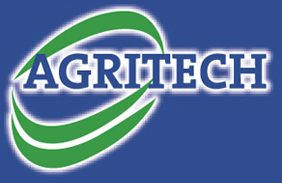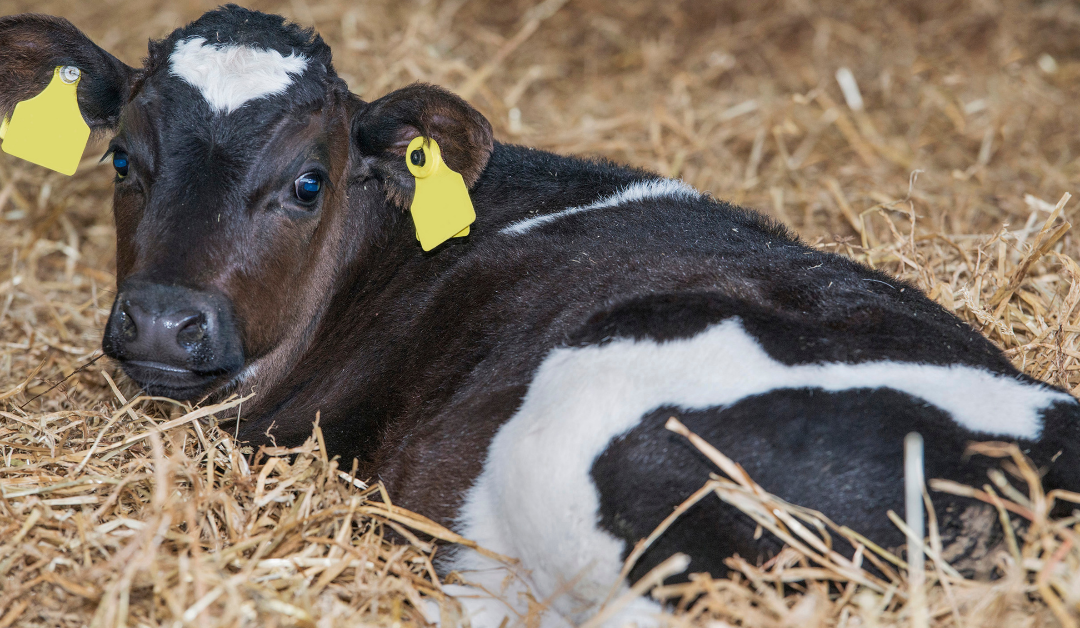As we fast approach the onset of calving, it is important to have an organised plan in place to achieve a successful calf rearing programme.
The management of replacement heifer calves in the first weeks of life will have a significant impact on lifetime production and long-term profitability of the dairy herd they are about to join. Typical costs of rearing heifers to 24 months are estimated at €1,500/head, with heifer rearing accounting for up to 20% of a dairy farm’s expenses. Therefore, a 100-cow herd with a 20% replacement rate is about to start a long-term investment process costing approximately €30,000 over the next number of weeks.
To reach lifetime targets, replacement heifers must achieve an average weight gain of approximately 0.75 – 0.8 kg/day from birth. In the more short-term, the aim will be to double the calf’s birthweight by weaning at 8-10 weeks of age. Interruptions to performance at any point will offset such target weights being achieved.
Calf Rearing Checklist
- Provide the calf with sufficient levels of high quality, clean colostrum within the first three hours of life.
- Introduce starter concentrates from at least three days of age to encourage rumen development.
- Always offer clean water ad lib to calves. Milk is a feed, not a drink.
- Offer a clean long-fibre forage (ideally straw) to increase rumen function and entice dry matter intakes.
- Provide calves with a high quality, high dairy content milk replacer on a consistent basis (accurately weighed and mixed, using sterile utensils, mixed and fed at the correct temperature).
- Facilities need to be clean, well ventilated, draught free and well bedded. A calf spends approximately 80% of its time lying down so provide a deep, warm, dry bed.
- Ensure everyone involved in the calf rearing process has a full understanding of key procedures such as colostrum management, feeding requirements, hygiene practices, etc.
More Information
For more information on preparing for the upcoming calving period, contact your local Agritech Sales Advisor.


